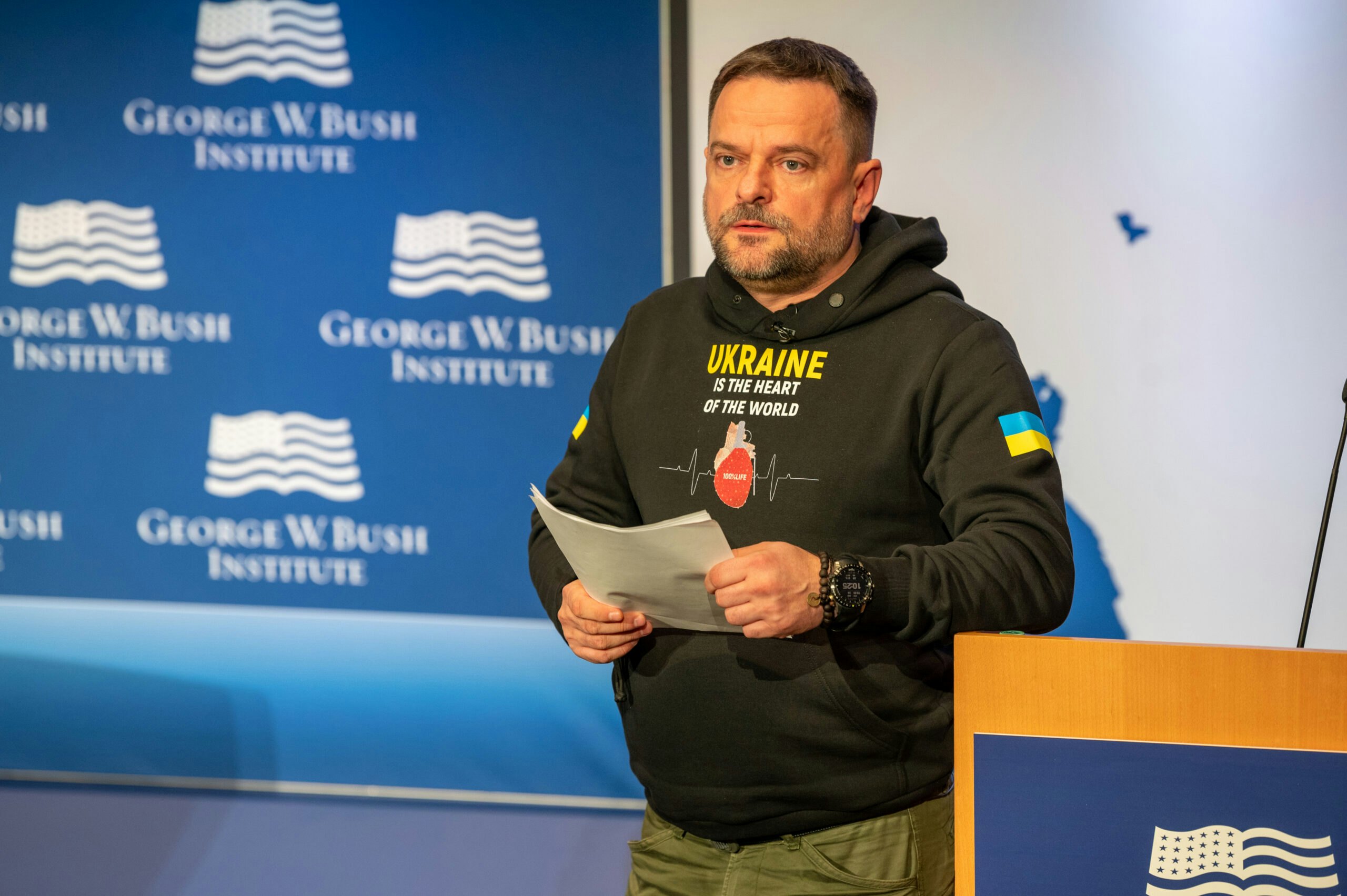10 years ago this month, from the Rose Garden of the White House in Washington, DC, President George W. Bush announced the beginning of what would...
10 years ago this month, from the Rose Garden of the White House in Washington, DC, President George W. Bush announced the beginning of what would become the single largest international health initiative to combat a specific disease. That original commitment to Africa to stop the transmission of HIV from mothers to children during birth ultimately expanded to become what is known as the President’s Emergency Plan for AIDS Relief (PEPFAR).
In the early days of the President’s administration, AIDS was projected to kill sixty-eight million people on the continent by 2020, essentially decimating an entire generation of Africans. But the American people acted, and through their generosity and the cooperation of foreign governments and other public and private partners, PEPFAR has saved and continues to save millions of lives. Those investments have not only saved lives, however, they have built durable and strong health care structures and provided insights into how to improve the delivery of services. For more on the anniversary, read this article on the Global Post: “To Whom Much is Given, Much is Required.”
A decade later, President and Mrs. Bush are continuing their commitment to the people of Africa through the work of their global health initiative at the George W. Bush Institute. This week, President and Mrs. Bush will travel to Zambia and Botswana to promote for the Pink Ribbon Red Ribbon (PRRR) partnership and shine a spotlight on the admonition that “to whom much is given, much is required.”
Pink Ribbon Red Ribbon – spearheaded by the Bush Institute, PEPFAR, UNAIDS and Susan G. Komen for the Cure, along with other private and public partners – combats cervical and breast cancer in the developing world. Last December, the partnership launched in Zambia, and during this trip, it will expand to its second country, Botswana. As part of the initiative, PRRR relies on private and public partners with the expertise and local networks to reach women who might otherwise die of these cancers.




























